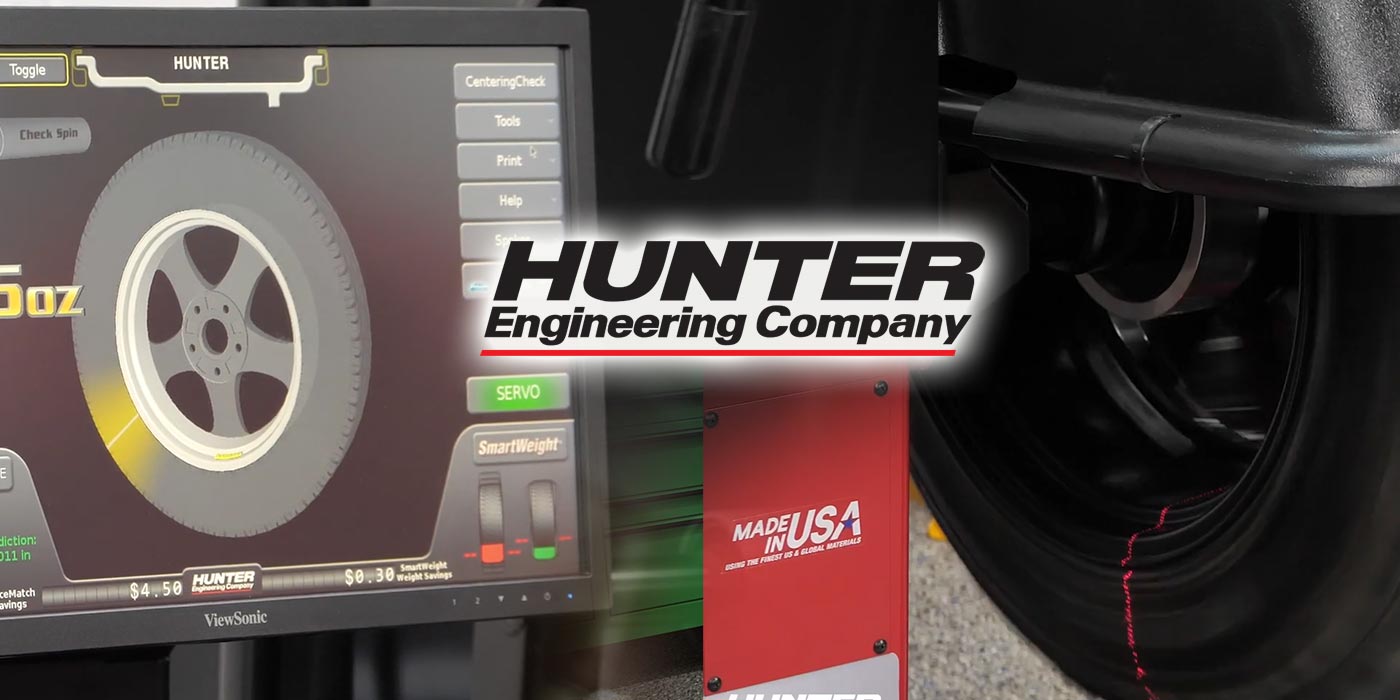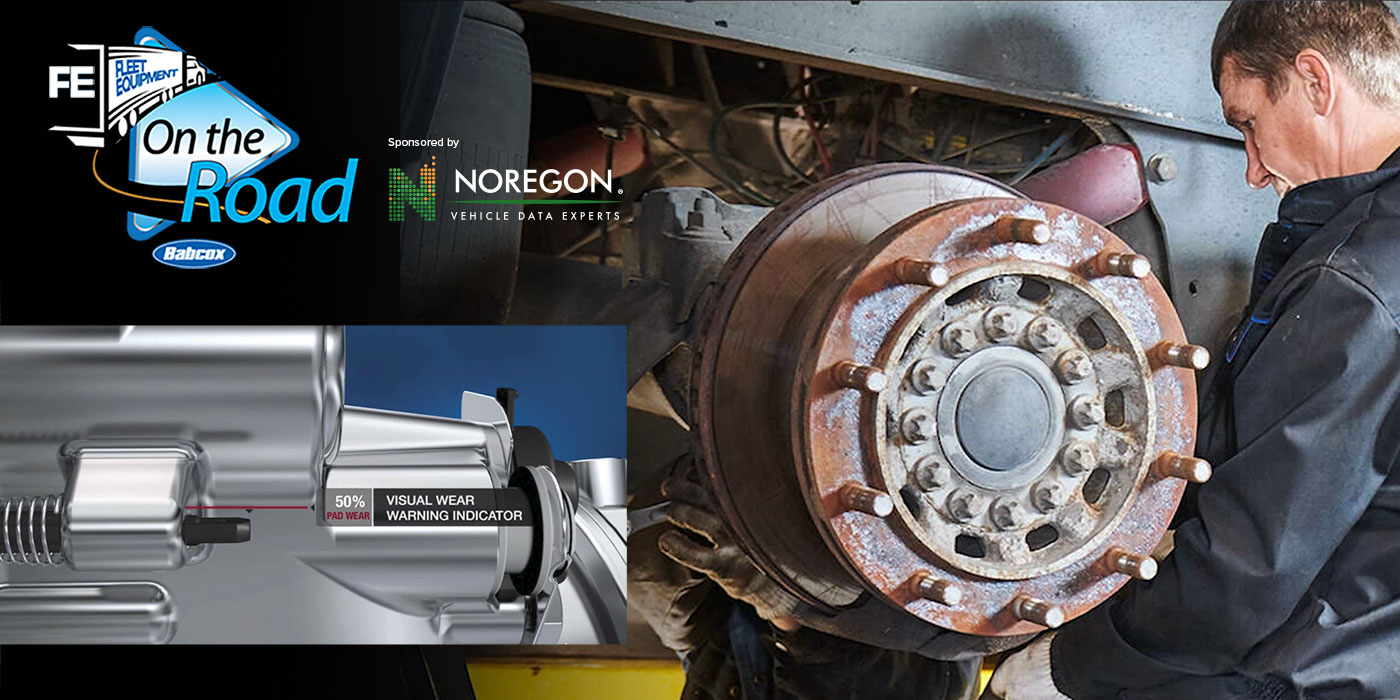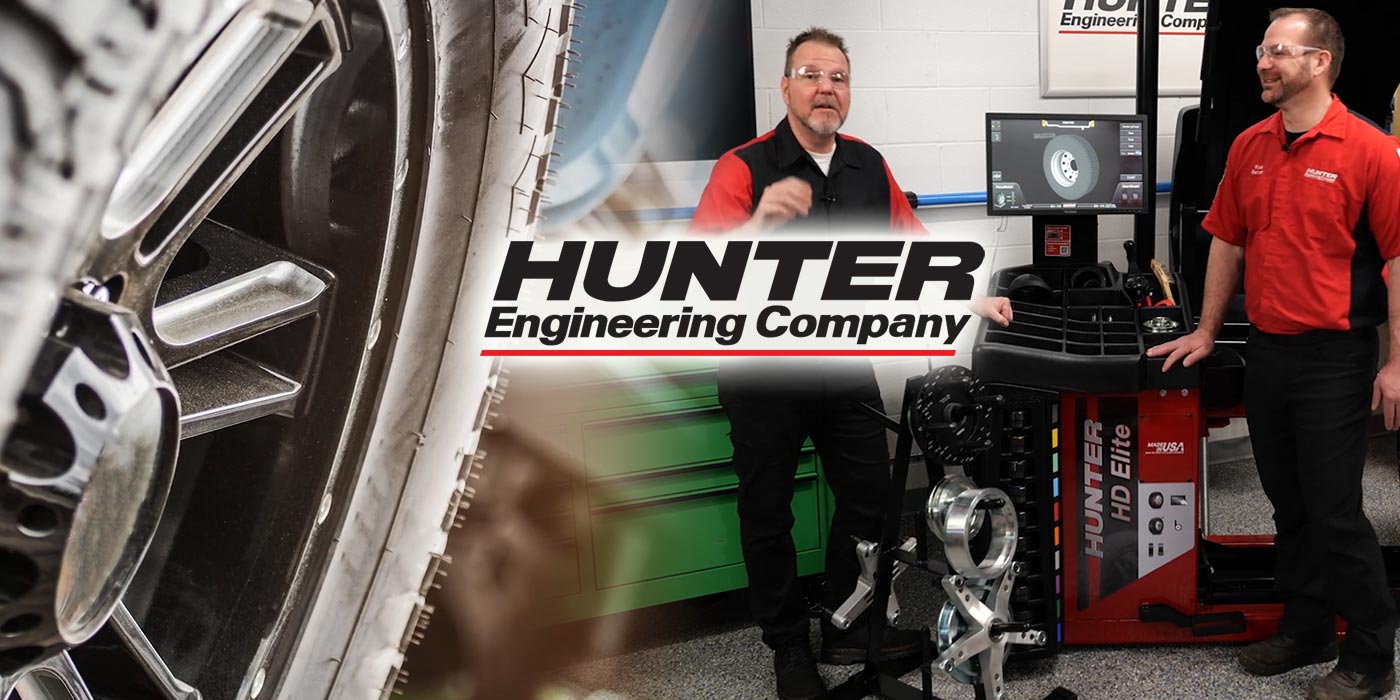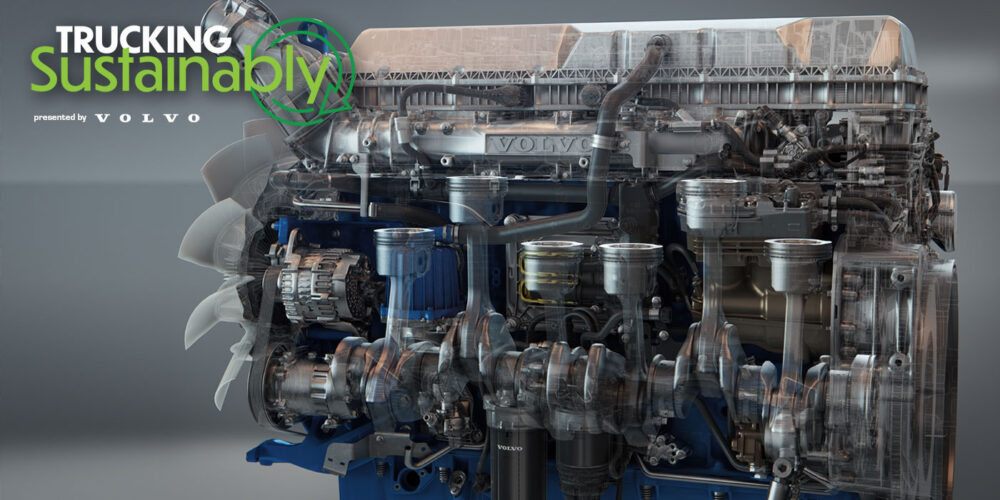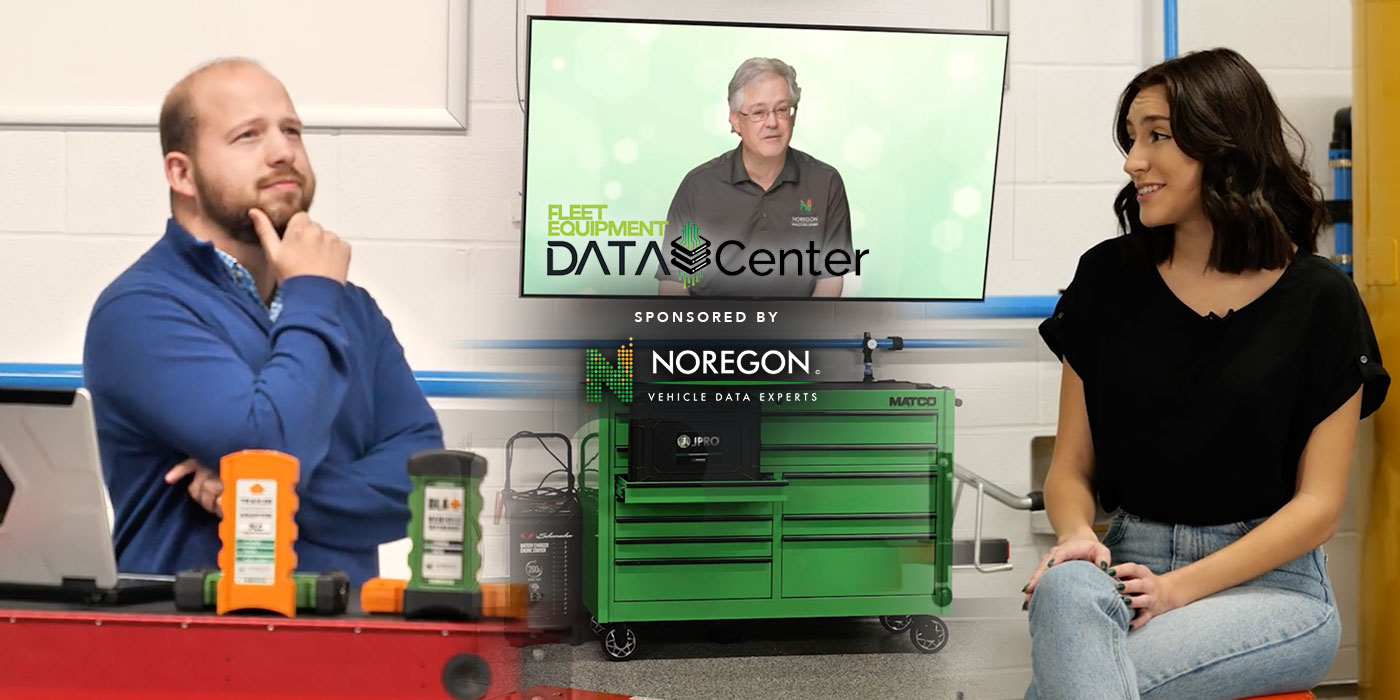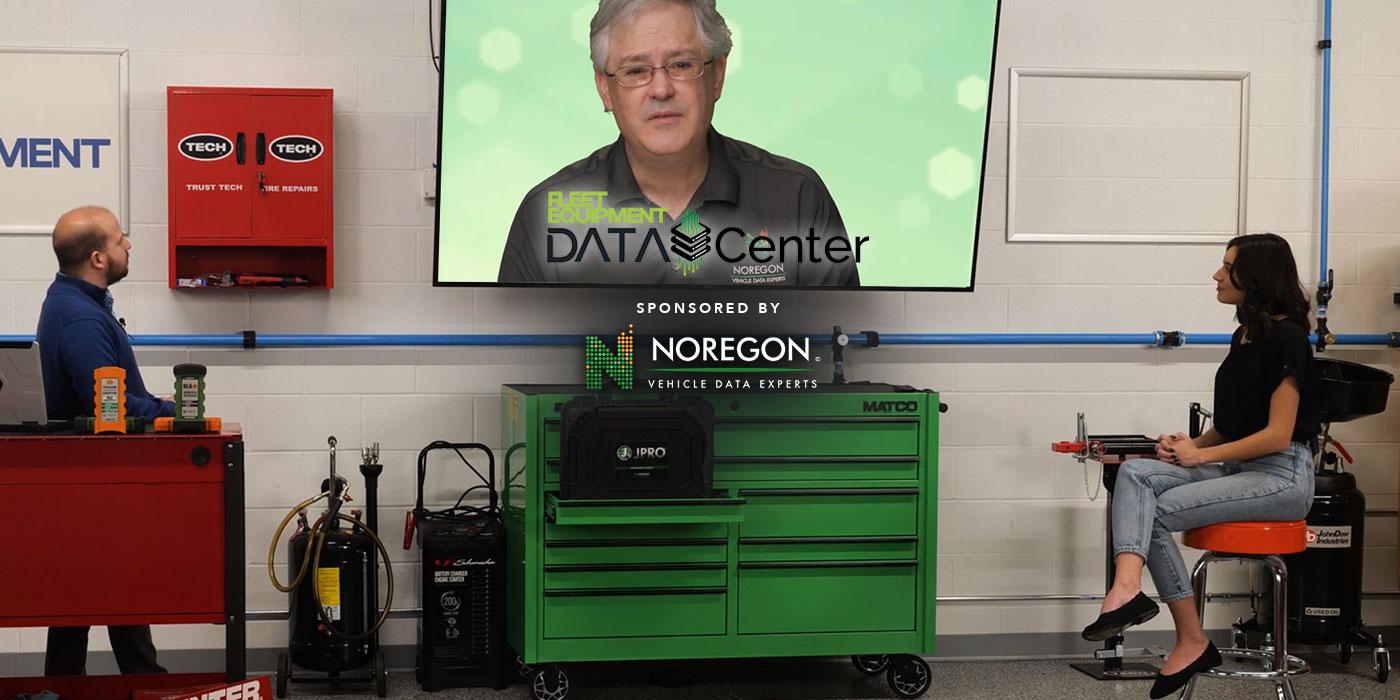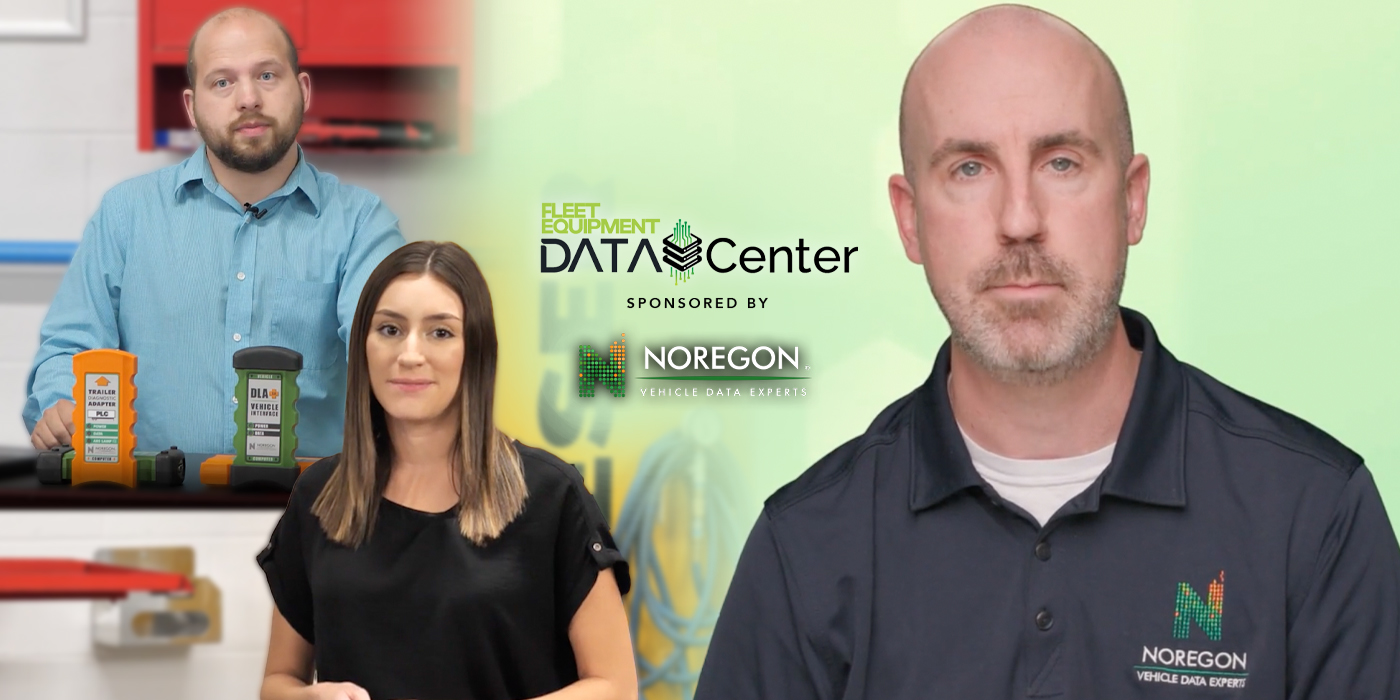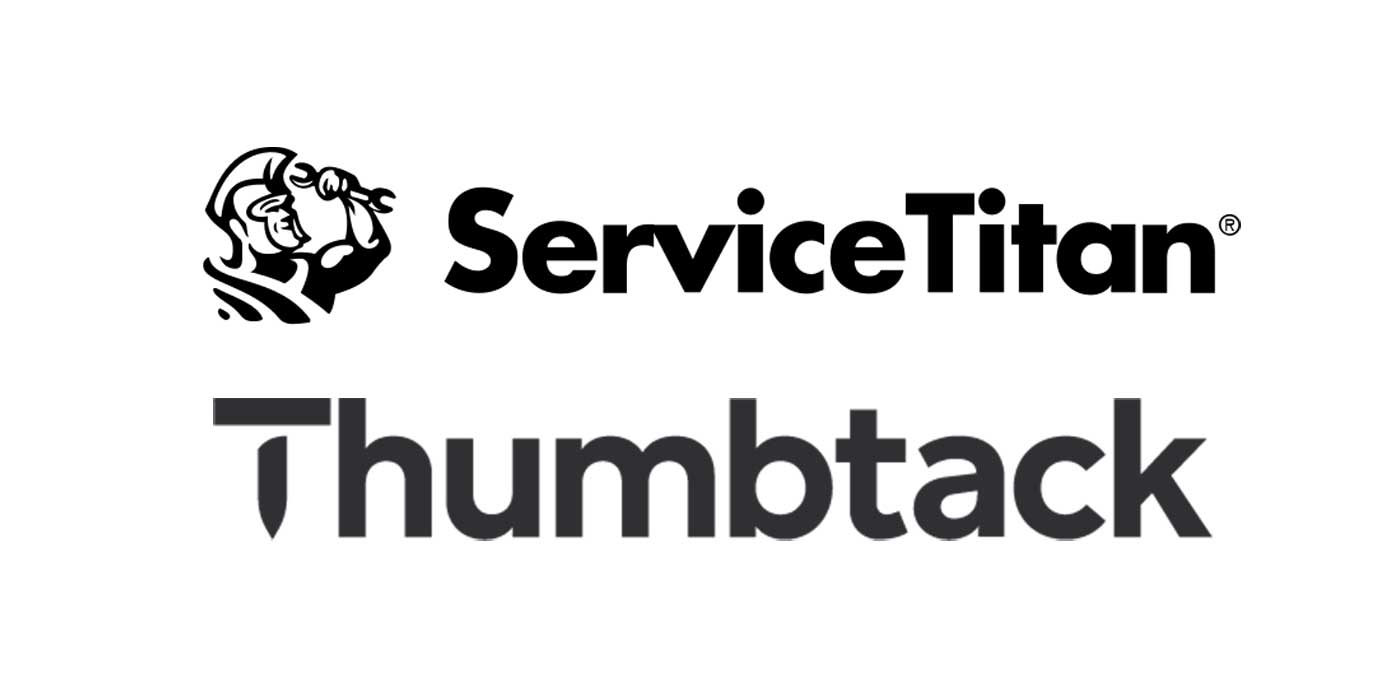It’s easy to judge a diesel engine coolant by its color. Easy, and also problematic. The complication comes in as there are two very different types of coolants: conventional fully formulated and extended life (or organic acid technology, or OAT). They protect engines from corrosion very differently and if you mix the two, both will be diluted, and neither will be effective. This could result in catastrophic corrosion which creates a hole from the coolant side of the cylinder liner through to the oil side.
The best way to monitor coolants is with simple test strips. The paper test strips can be dipped into the coolant reservoir or radiator. If they turn one color, you’re all set and ready to go. A different color means that the coolant doesn’t have a high enough amount of additives to protect against corrosion. Check the freeze point of the coolant with a hygrometer, or for more accurate results, use a refractometer. This will tell you if the coolant has been diluted with water which will reduce its anti-corrosion properties.
Watch the video above for even more very cool engine coolant insight, and words of engine diagnostic wisdom from Jason Hedman, JPro product manager with Noregon.
Fleet Equipment’s Data Center is sponsored by Noregon. Subscribe to our newsletter to catch every episode as we’ll be diving into use cases, talking with the data pros and making data usage approachable.

